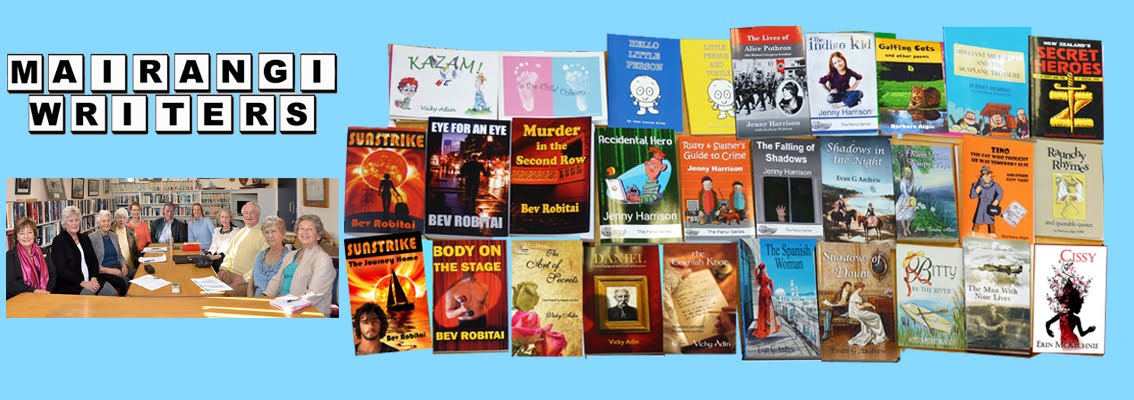You want to be a successful writer. You would like to have
dollar signs coming out of your ears. Here are a few tips on how to achieve
that:
- Treat your writing as your profession. Make sure the family know, those are your working hours and no one is to intrude on them. If the house has caught fire or someone has broken a bone then they may knock on your door. Otherwise, be firm. Your writing has moved from being a hobby to a profession. You are going to write every day, you are not going to write when you “feel” like it. You wouldn’t do that if you had a boss and went into an office every day.
- Decide on how many words a day you are going to write. Aim for 1,000 words. It’s not impossible, it's only three pages. Think of it long-term. With 1,000 words a day you can churn out a book in three months, three or maybe four books a year. Thing is, if you have set your goal at 1,000 then you write 1,000, not 900, not 950. Sit there until the magic 1,000 is done. And it will be magic!
- Don’t diversify. General advice is to stick to one genre and, preferably in that genre, to a subject that will turn into a series. For example, you are going to write thrillers and, more specifically, paranormal thrillers. With one subject area your readers will know what to expect when they see your name on the book cover. (And this is where I have fallen very short. I’ve written bios, novels, a gift book, an instruction manual. It’s time I took my own advice and had a major subject area in which I can specialise.)
- The well needs to be filled so make sure you take a break. Just as if you were going into the office every day you need to have time off to cool down and re-source. That means spending time at the beach, or walking in the wetlands, or even having coffee with friends at the local café. (I was offered a day at the races. I didn’t go. Darn! That could have been a source of a new book.)
- Spend some time in the week doing your marketing and promotion (and that’s another blog waiting to be written).
- There are some necessary tools you are going to need in your “office space”. First is Roget’s Thesaurus. A dictionary; I have a two-set Oxford I wouldn’t be without. Elements of Style by Strunk and White and I have a copy of Write Edit Print: Style Manual for Aotearoa New Zealand. Poetry books galore and a couple of shelves of how-to write books.
You are now set
to be the best and most professional writer you can be. Good luck.
Jenny Harrison
www.jennyharrison-author.com

No comments:
Post a Comment